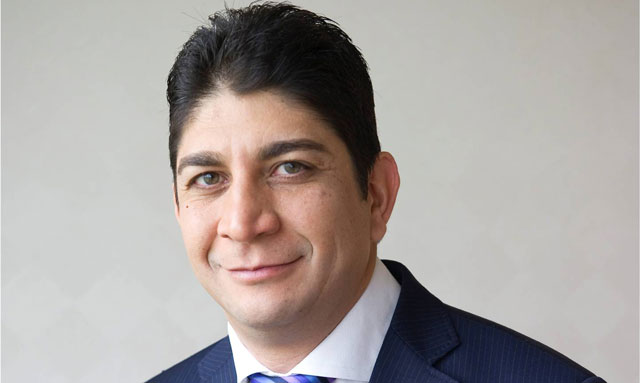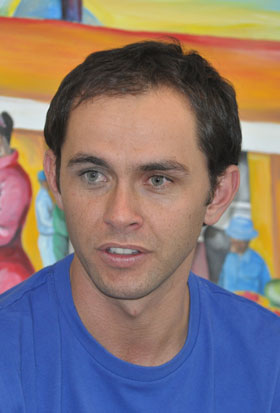
Mobile termination rates, the fees South Africa’s operators charge each other to carry calls between their networks, have to come down, but the scale of the drop and the level of “asymmetry” favouring smaller operators proposed by telecommunications regulator Icasa are too substantial.
That’s the view of Vodacom Group CEO Shameel Joosub, who was speaking at a consumer telecommunications event in Johannesburg on Wednesday.
Joosub claimed that Vodacom is “very much in favour” of mobile termination rates coming down, but warned that draft regulations published by telecoms regulator Icasa on Friday had already “spooked investors”, with R30bn being wiped off the market valuations of the big mobile operators.
But Cell C Alan Knott-Craig took exception to Vodacom’s claims at Wednesday’s conference, arguing that smaller players must have regulatory help to compete effectively.
Icasa has proposed that mobile termination rates be cut to 10c/minute by 2016, with an initial cut of 50% in 2014, when the rate will come down from 40c/minute to 20c/minute. The regulator has also proposed much stronger asymmetry for the next five years for any operator that has less than 20% market share today. This includes third mobile operator Cell C and more recent entrant Telkom Mobile. The proposed level of asymmetry in the first year is 95%, increasing through to 2016.
“Mobile termination rates have to come down,” Joosub said. “That is a worldwide trend. We are very much in favour of it. The problem is the quantum of the drop.”

He said the last round of wholesale price cuts, managed down over a “glide path” over the past three years, helped operators “manage it responsibly”.
“What is being proposed now is dramatic,” Joosub said, adding that the proposed level of asymmetry was “just ludicrous”.
“It’s 95% going up to 160%. You should have a decline in asymmetry, not an increase,” he said at the event. “We are hoping to find a more amicable solution that basically helps everyone.”
But Knott-Craig hit back at Joosub at the event. “Don’t give me this long faff story about asymmetry, because I don’t buy it,” he said. “And I don’t think Icasa buys it either.”
Knott-Craig claimed that Cell C’s annual turnover was lower than the dividends paid by Vodacom and MTN and that Vodacom’s earnings before interest, tax, depreciation and amortisation were also higher than Cell C’s top line. “Don’t give me some story about how your dividend will go down by a billion rand,” Knott-Craig said. “I’m not going to weep.”
He added that although Cell C had about 17% market share in terms of subscribers, that didn’t tell the whole picture. He said MTN and Vodacom together had 90% market revenue share. “Do you honestly think [smaller players] can fight that without any regulatory help? Of course not.”
Knott-Craig, who was the founding CEO of Vodacom, added: “I take a little bit of responsibility for how this industry was built. I [was] proud of this industry, but not anymore. I will make it my damn business to fix this industry.” — (c) 2013 NewsCentral Media
- See also: Vodacom, MTN face antitrust complaint




